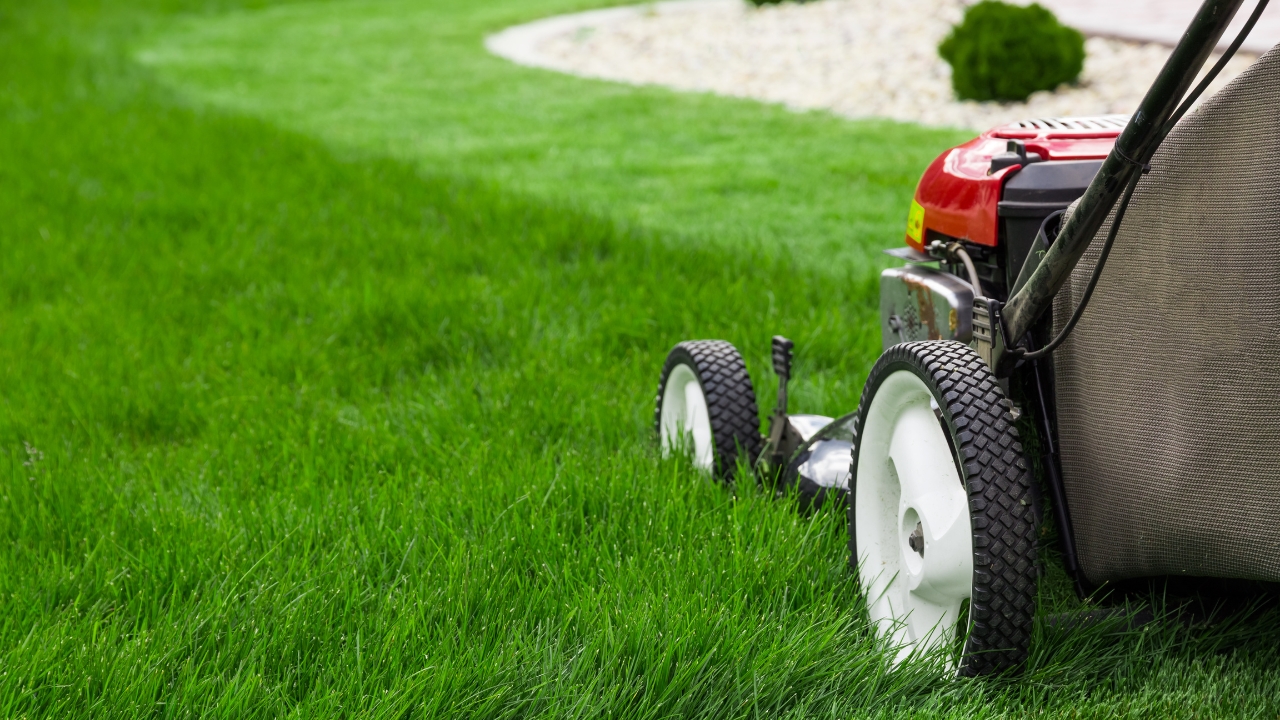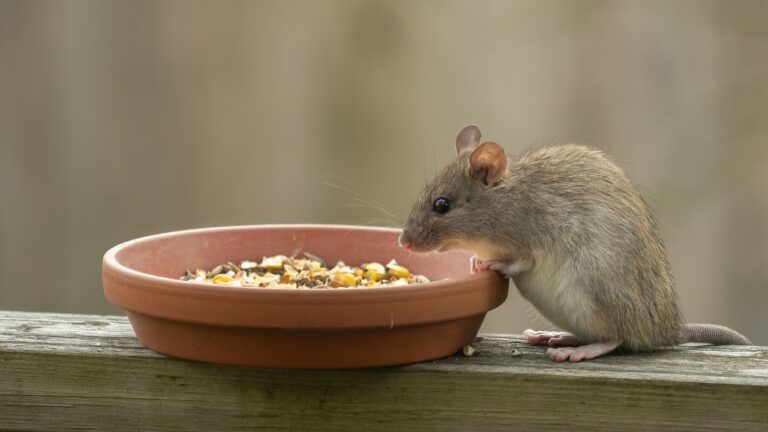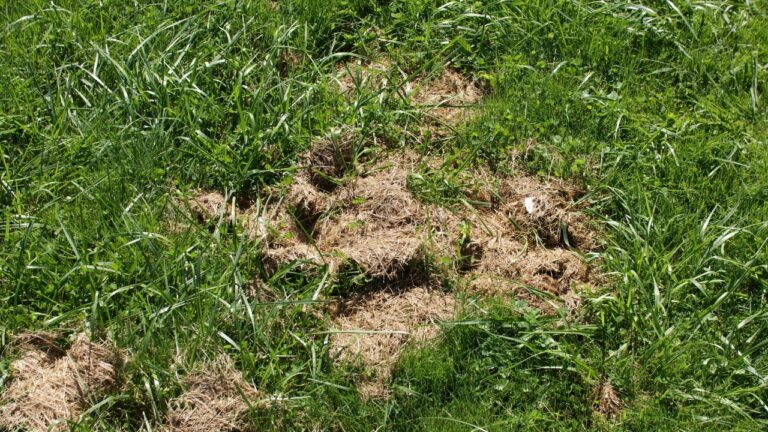9 Lawn Care Hacks That Will Save You Time and Money
Taking care of your lawn doesn’t have to eat up your weekends or drain your bank account. With the right tricks, you can keep your yard looking great without all the extra effort. These aren’t complicated strategies—just simple changes that make a big impact, whether it’s saving you time, money, or both.
From smarter watering habits to using what you already have around the house, these hacks are designed to work for real life. Because let’s be honest, no one has hours to spend perfecting their lawn. These tips will help you get it done quickly and still enjoy the results.
DIY Pest Control Hacks

Keeping pests out of your lawn doesn’t have to mean pricey treatments or harsh chemicals. Coffee grounds are an easy solution—scatter them in your garden to repel ants, slugs, and even bigger pests like cats or deer. The grounds are abrasive and smell unpleasant to critters, giving your plants a solid line of defense.
Another trick is citrus peels. The limonene in them naturally wards off pests like flies and mosquitoes. Toss some orange rinds or zest around your garden to keep unwanted visitors away. For a quirky but effective hack, stick plastic forks into the soil around your plants. Critters won’t want to navigate the pokey obstacles, keeping your garden intact.
Upgrade to a Mulching Lawn Mower

A mulching mower is a huge time-saver that pays for itself. Instead of spraying clippings everywhere, this mower finely chops them and drops them back onto your lawn. Those tiny pieces act as free fertilizer, giving your soil a nutrient boost without extra work or expense.
You’ll also save time by skipping the cleanup step. Forget bagging clippings or lugging them to the curb—your mower handles it for you. It’s a small change that makes a big difference in maintaining a healthier, greener lawn without the extra hassle.
Kill Weeds with Vinegar and Salt
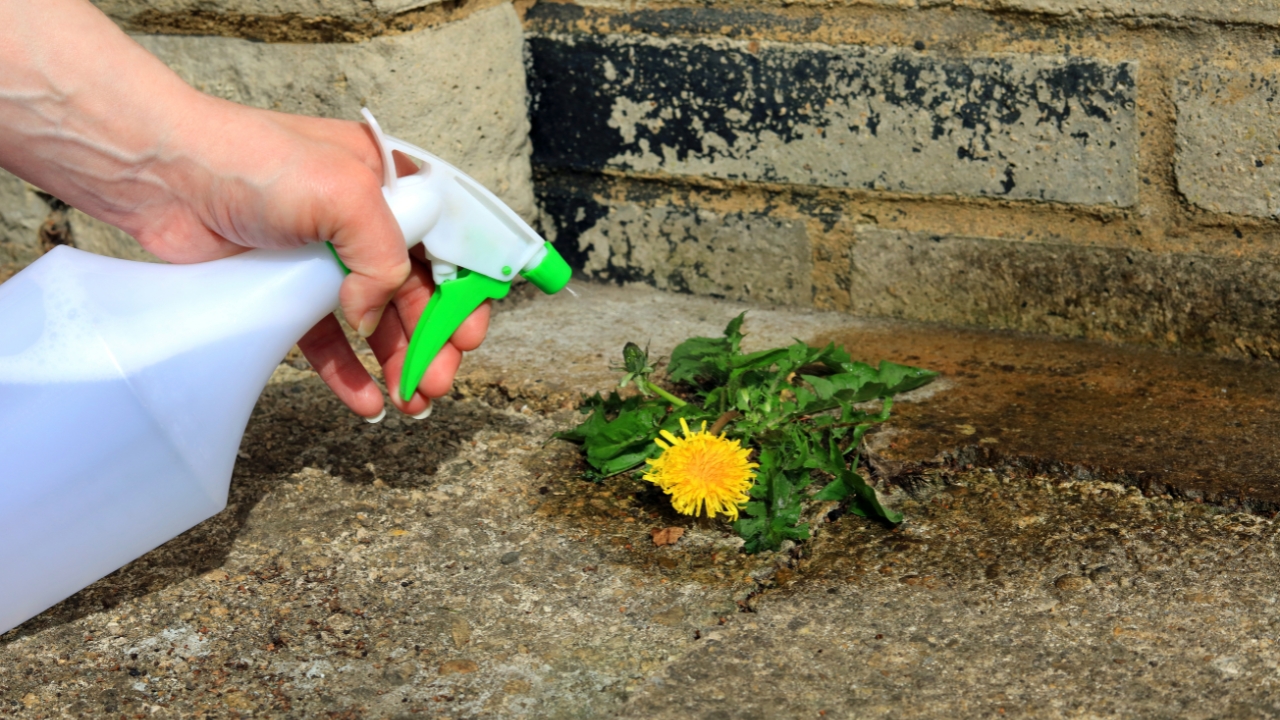
Weeds don’t stand a chance against this simple homemade spray. Mix a gallon of white vinegar with a cup of salt and a tablespoon of dish soap, then load it into a spray bottle. Coat the weeds thoroughly, and they’ll dry up and disappear. The dish soap helps the solution stick, making it even more effective.
Be careful where you spray, though—this mix can harm grass and other plants. If you want to go hardcore, you can sprinkle rock salt around tougher weeds, but that’s best for salt-tolerant grasses or areas where you don’t want anything growing.
Use Grass Clippings as Mulch

Grass clippings aren’t trash—they’re free fertilizer. Next time you mow, let those clippings fall where they may. As they break down, they’ll release nutrients back into your lawn, saving you money on fertilizer and time on cleanup.
If you have a mulching mower, even better. These mowers chop clippings finely, making them decompose faster and nourish the soil even more efficiently. It’s a win-win for your lawn and your wallet. Plus, this works for leaves, too—grind them up, and they’ll work as natural mulch to keep your yard thriving.
Don’t Overwater Your Lawn
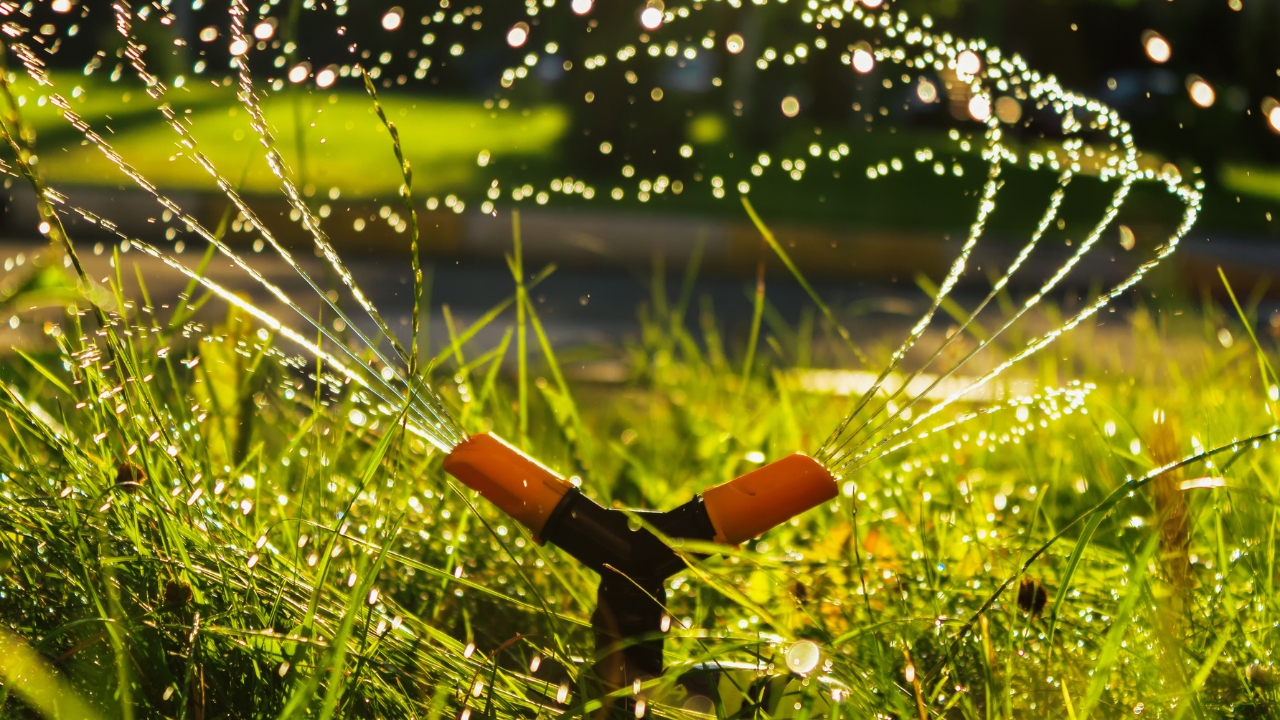
It’s tempting to think more water equals greener grass, but too much can actually do more harm than good. Overwatering can lead to soggy soil, making your lawn look dull and increasing the chances of lawn diseases. Plus, all that extra water adds up on your monthly bill.
Stick to about an inch of water per week, including rainfall. Use a rain gauge or even an empty tuna can to measure. Water deeply but less frequently to encourage roots to grow stronger and deeper.
Rake the Smart Way

Raking leaves doesn’t have to leave you sore and frustrated. Work with the wind, not against it, to keep your piles intact. Instead of dragging all the leaves to one massive pile, rake them into smaller lines—trust me, it’s way easier to manage.
Invest in a wide, angled rake to make the job quicker and less tiring. A 30-inch spread rake with clog-resistant tines is a game-changer for tackling those fall leaves.
Stick with Perennials

If you’re tired of planting flowers every spring, perennials are your best bet. Unlike annuals, they don’t need replanting every year. That means less time digging in the dirt and more time enjoying your yard. They come back year after year, saving you money on new plants and adding reliable color to your landscaping.
Perennials are also great for those who prefer a low-maintenance lawn. Once they’re settled, they’re easy to care for and don’t require the same constant attention as annuals. Plus, with so many varieties, you can still keep your yard looking fresh and vibrant year-round.
Start a Compost Bin

Turning kitchen scraps into lawn gold is easier than you think. A compost bin lets you recycle things like veggie peels, coffee grounds, and yard waste into nutrient-rich food for your grass and plants. It’s a win-win: less waste in your trash and healthier soil for your yard.
When done right, compost can help your garden beds retain moisture and fight off weeds. Just skip the meat and dairy—those attract pests and create odors. Stick to plant-based scraps and watch your yard thrive while keeping your trash bins lighter.
Grow Edible Plants

Why not let your yard work double duty? Adding vegetables and herbs to your landscaping isn’t just pretty; it’s practical. You’ll save money on groceries while keeping your outdoor space lush and colorful. Tomatoes, basil, and even leafy greens can pull double duty as décor and dinner.
Planting edible greenery also means you’re in control of what you eat. No pesticides or additives—just fresh food straight from your yard.
*This article was developed with AI-powered tools and has been carefully reviewed by our editors.

